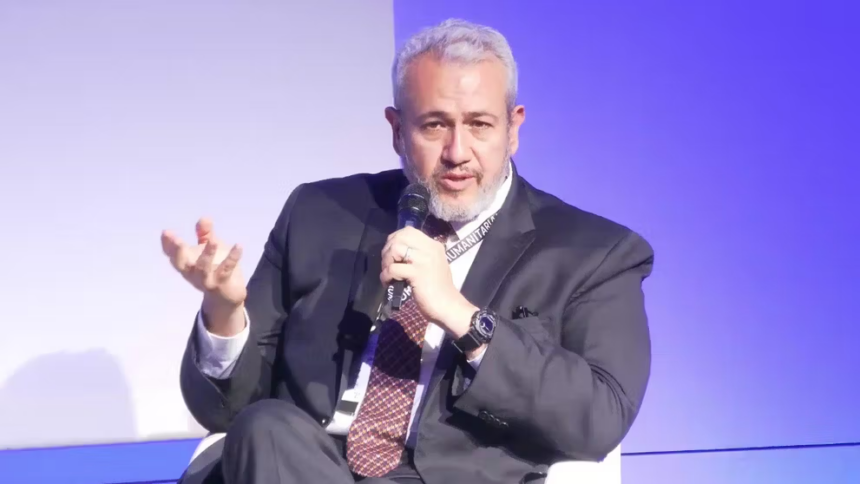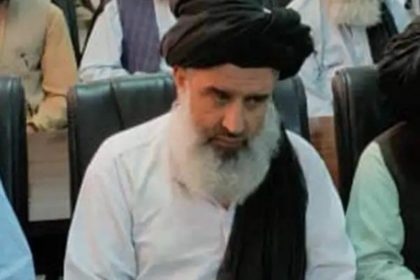RASC News Agency: The World Bank’s Country Director for Afghanistan has issued a sobering assessment of the challenges facing humanitarian aid efforts in the country, placing direct blame on the Taliban’s systemic repression of women for undermining the effective delivery of international assistance. Speaking at the recent European Union Humanitarian Forum, Faris Hadad-Zervos, the Bank’s chief representative in Afghanistan, confirmed that the World Bank has allocated over $2.2 billion in aid to Afghanistan since 2021. These funds, channeled through the United Nations and other international partners, have directly supported nearly 70% of the Afghanistani population a lifeline for millions trapped under the weight of Taliban-induced poverty and isolation.
Hadad-Zervos emphasized that while the World Bank remains committed to providing principled, needs-based assistance, the Taliban’s authoritarian rule especially its gender-based repression codified through the so-called “Ministry for the Promotion of Virtue and Prevention of Vice” has made effective aid implementation “increasingly difficult, if not impossible.” “The restrictions the Taliban have imposed on women and girls not only violate fundamental human rights,” he said, “but also cripple the very infrastructure necessary for equitable and effective humanitarian delivery. Women must be allowed to work, lead, and participate if aid is to reach those most in need.”
Since regaining power in 2021 through military force, the Taliban have dismantled institutional governance, abolished the constitution, silenced independent media, and imposed a gender apartheid system barring women from secondary and higher education, prohibiting them from working in NGOs, and erasing them from public life. These oppressive policies have led to the collapse of community-based programs, particularly those dependent on female participation and leadership. Hadad-Zervos noted that the World Bank continues to work closely with international NGOs, civil society organizations, and alternative delivery networks to bypass Taliban interference and maintain access to vulnerable populations. Yet even these efforts are increasingly hampered by the regime’s expanding web of surveillance, censorship, and religious policing.
“In the absence of a legitimate, inclusive government in Kabul, our capacity to uphold our development principles especially regarding gender equality, transparency, and accountability is severely constrained,” he stated. “The Taliban’s governance model is antithetical to the values of justice and human dignity, and it continues to undermine the very foundations of long-term development.” Despite these obstacles, Hadad-Zervos reiterated the World Bank’s unwavering commitment to the people of Afghanistan, particularly women and children, who remain the primary victims of the Taliban’s ideological and economic war on society. “We will continue to adapt, innovate, and find ways to reach Afghanistanis in need,” he concluded. “But the international community must remain united in demanding that the Taliban lift their oppressive policies if there is to be any hope for real recovery, inclusion, and progress.”
This statement arrives amid intensifying global scrutiny of the Taliban, whose regime remains unrecognized by any major world government. Analysts warn that as long as the group continues to impose gender apartheid and suppress civil liberties, Afghanistan will remain diplomatically isolated, economically stagnant, and socially fractured cut off from the international system it desperately needs to rejoin.






